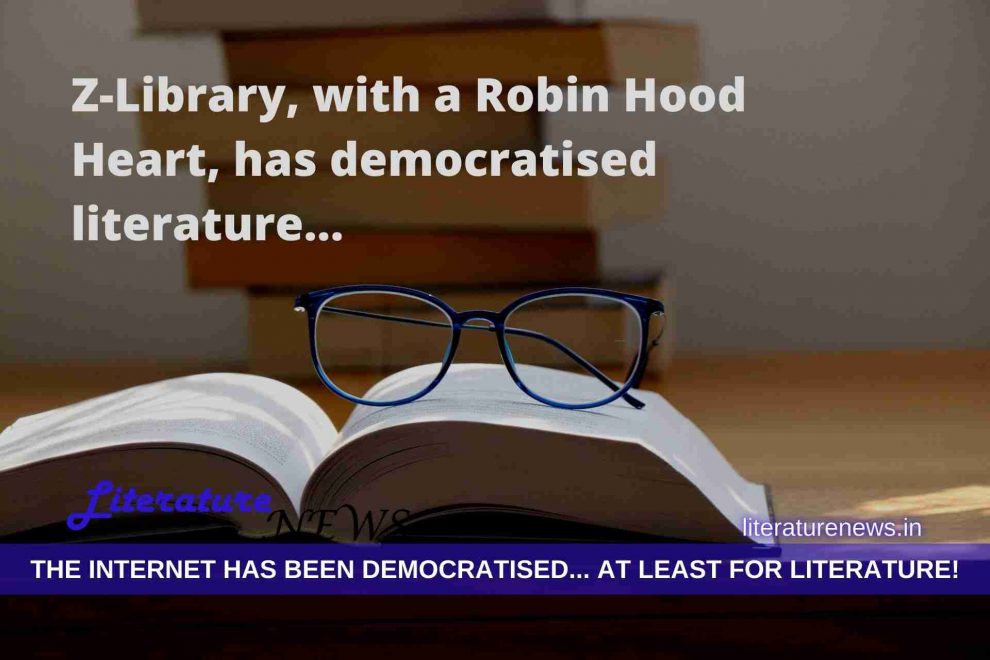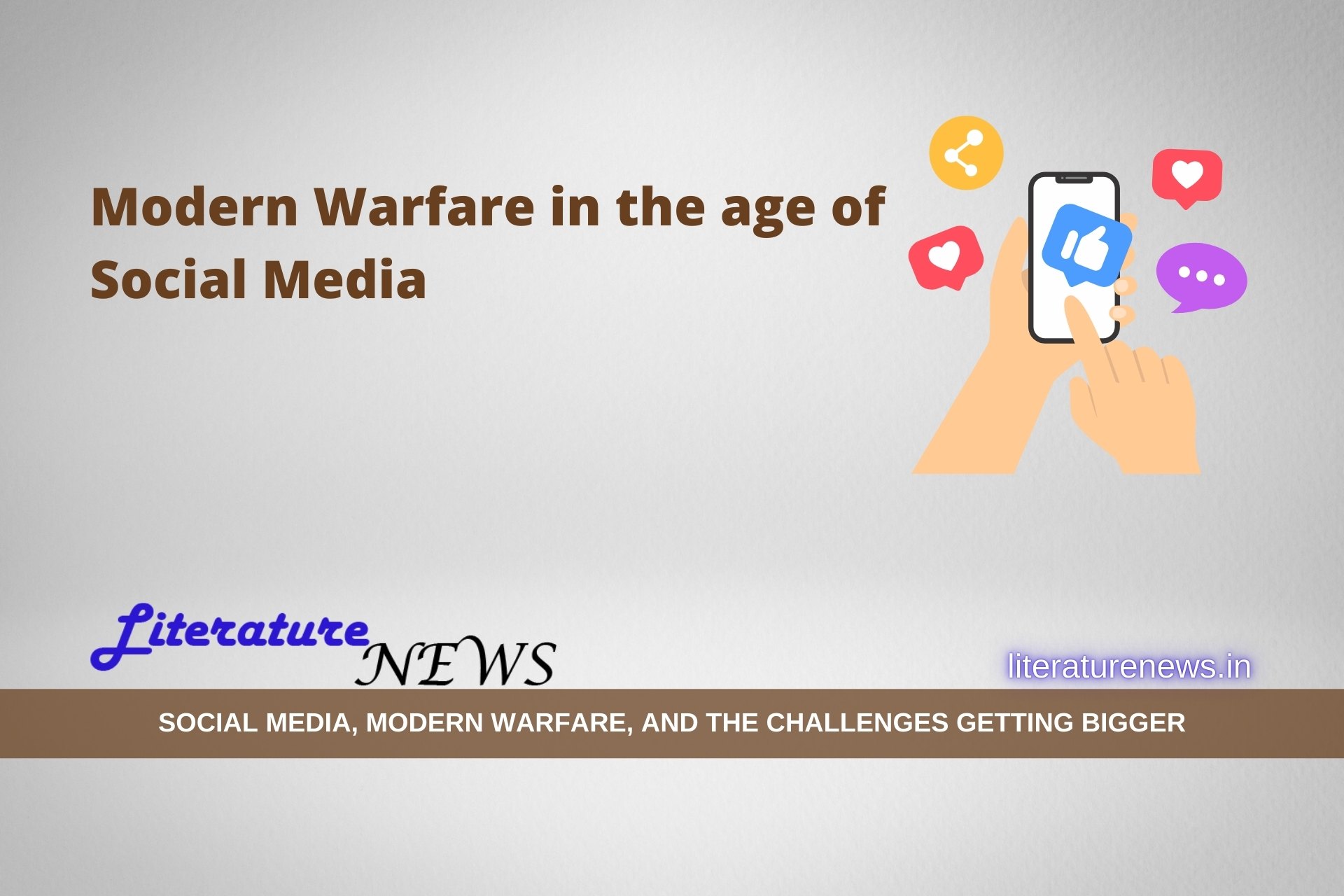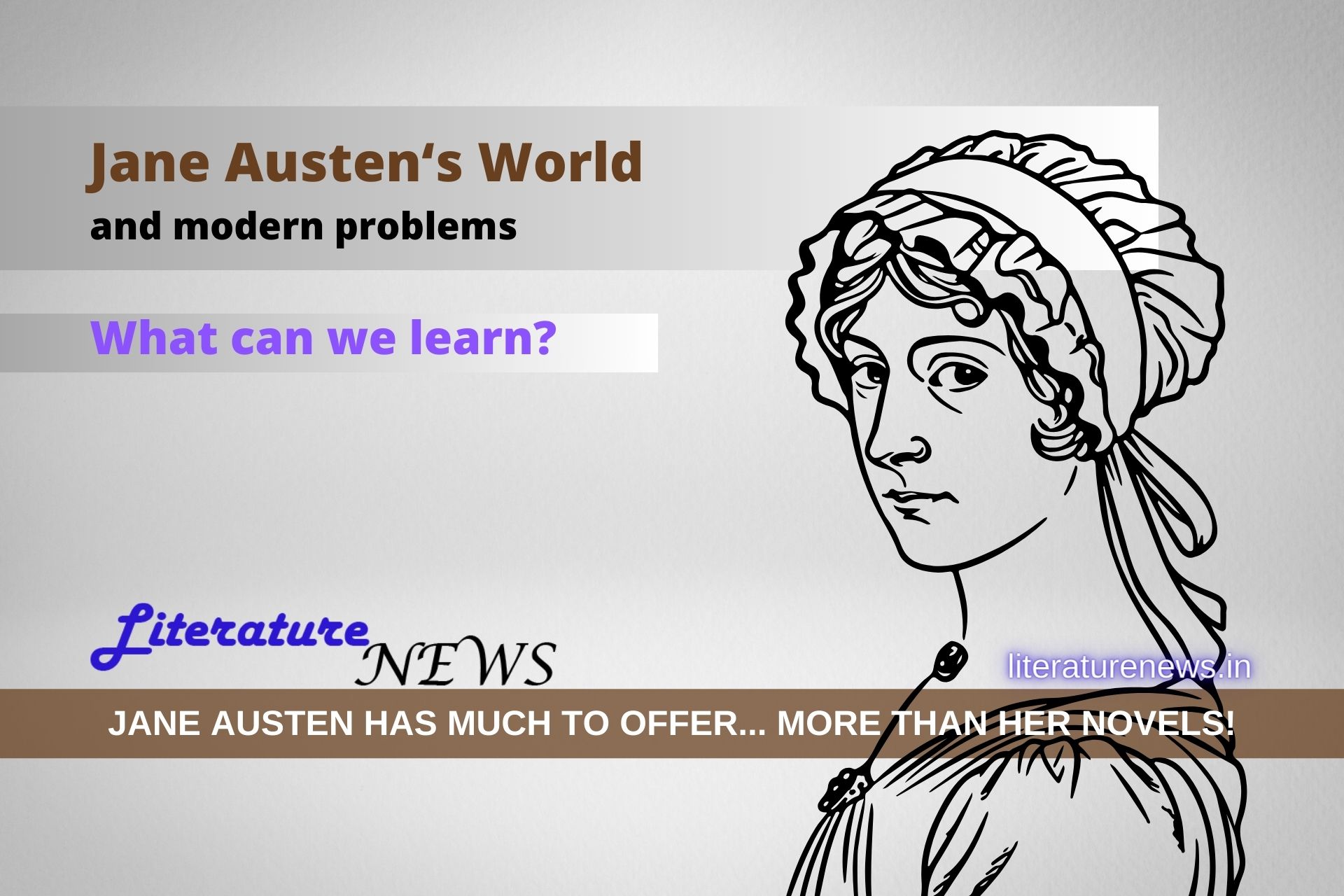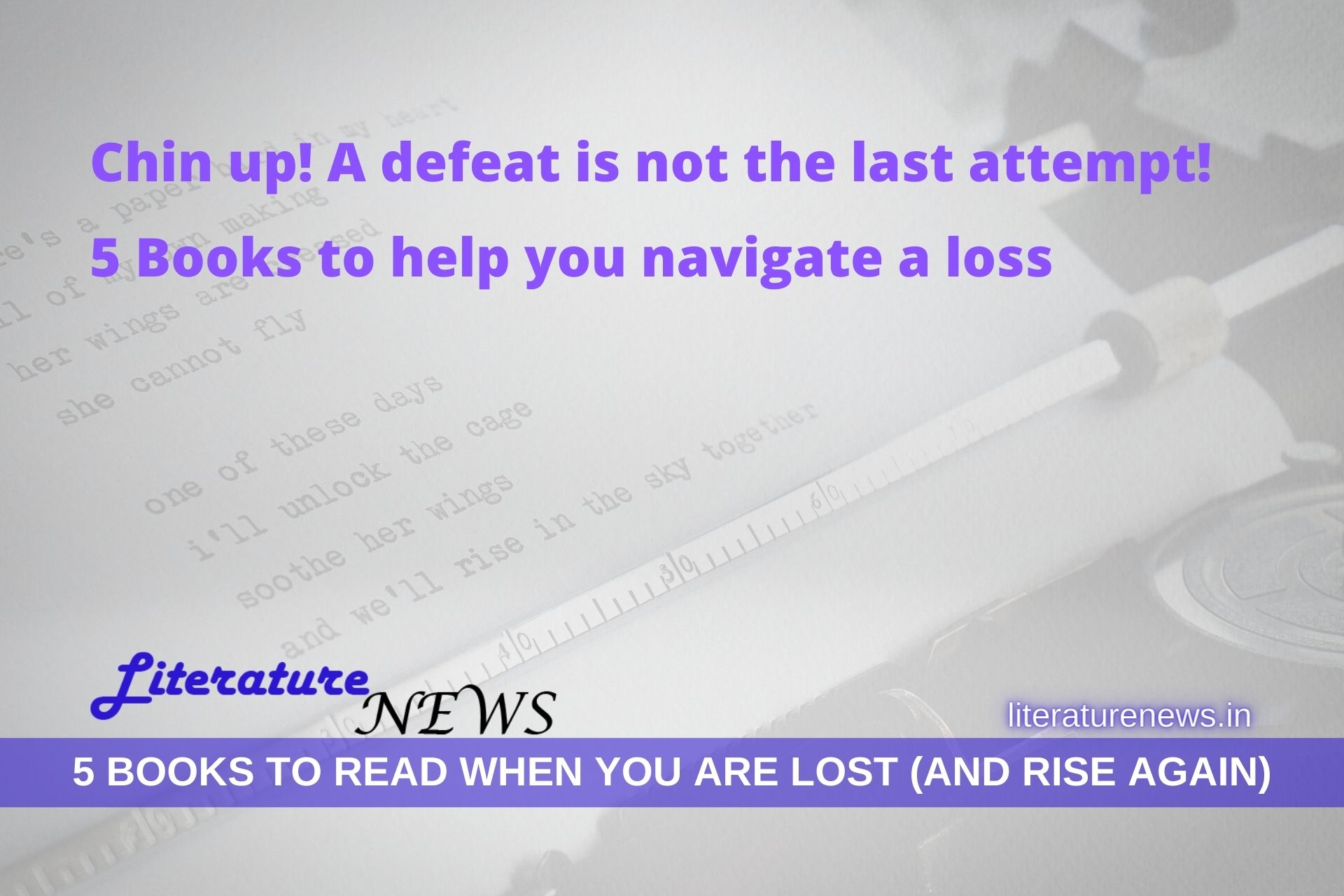There was a time when there were no ebooks, access to publication was atrocious for common people and access to good books was also arduous for those who did not have (you can put any noun here). I have survived those years and I am enjoying these years (yes, CORONA is here and thanks to China for that unsolicited gift to the world). There may be hypothetical debates whether India has democracy or not and there might be millions of digital articles bashing the current prime minister of India and yet reinforcing (shamelessly) that criticism is something that the present government does not support. However, one thing is very clear and the world will agree that the world of literature has been truly democratised with websites like Z-library and others that provide ‘free’ books to the world. Readers on the left and right side of the globe, equally, enjoy such democracy!
I still remember my struggles during the years of MA. Many books that I wanted to study were not simply available in the physical market and if at all, there were a few copies, there were costly… too costly to be afforded by a student who did not earn and whose father did not forbid buying books but the cost was simply out of the equation. And still, there are the books that cannot be opted for by those who are studying… and libraries, bluntly, do not order the books that are useful but order those that are beneficial for those (you can understand the backend business).
With access to the internet, you can imagine how wonderful is the scene for a student who can download almost any book that he or she wants. Almost any… there will always be days when you cannot find a book that you need because there might not be (yet) any digital leaks or print scans available even in the ‘Kshir Sagar’ of books on the internet – Z-Library. Still, there are many many books available for your perusal, free of cost. Though I do empathise with the authors who could have made more money along with their publishers by selling the legitimate copies of their titles, I do understand that there are readers who simply cannot afford those costly titles by paying… and therefore, a conscious and careful observation tells that those who can buy a 200-page title in 9,000 RS do buy it and those who cannot buy, read it for free…
Now coming to the seamy side or the brighter side (as many can argue from both ends), 10-12 years ago, becoming an author was a prerogative of the elites of our society. Today, with a democratised access to publication (with the help of the internet or by paying the hungry self-publishers), anyone can become an author and (sadly) nobody gives a damn about it… it has given the freedom to pursue one’s dream to anyone but it has also subverted the standard of literature in the country (and in the world, as well). Nevertheless, we should not discount the fact that there are many self-published or digitally published authors who have claimed wonders by their writings. At the same time, there are many titles that can simply be rubbished in the trash box… and those have become famous! Sadly!
To end this democracy in literature argument, it is up to the readers to decide whether it is useful or some sort of illegal access to someone’s literary toil. But, looking at it from the outside, one can say that the years of pause and unavailability of the elite literature for the commoners have ended with Robin Hood hearts like Z-Library and this phase is enjoyable! Do enjoy it!
By Ravi for Literature News






Add Comment